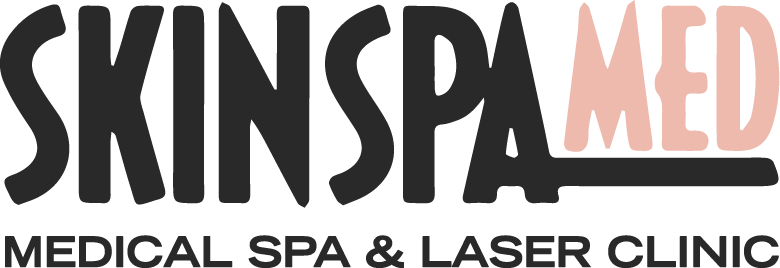Self-Care For Great Hair
/Losing up to 100 hairs a day sounds like a lot, but it's actually quite normal. The best way to ensure healthy hair with a minimum of loss and a healthy head of hair is actually driven from the inside out. By treating yourself with a little TLC, it's possible to improve the look, feel, and performance of your tresses. Discover the self-care practices essential for strong, beautiful hair.
Eat well for your tresses
Doctors recommend women follow a well-balanced diet but you might be wondering how what's on your plate affects your hair. The vitamins and minerals found in food are critical building blocks for well-functioning hair follicles and hair production. By eating foods rich in vitamins D, B1, B2, and B7, protein, iron and zinc, your body will have what it needs for a healthy scalp. Foods to enjoy include eggs, almonds, milk, whole grains, chicken and lean red meat, oily fish, and tofu. Drinking enough water is important, too; it helps flush toxins from your body and improves circulation. In cases where there's a nutritional deficit from food, vitamin and mineral supplements may be appropriate.
Work it out
Not only can exercise make you feel good but it can help you look good, too. Cardiovascular activity, whether it's running, swimming, cycling, or something else that gets the blood pumping, boosts the body's circulation system. Better blood flow leads to stronger hair follicles because they're getting adequate nutrients for hair growth. Intense exercise also generates sweat which moves sebum. Sebum is an oily secretion from glands in the skin that helps keep hair lush. Exercise also relieves stress, which can inhibit hair growth.
If you prefer to swim as a cardio activity, make sure to protect hair from chlorine and saltwater. And watch for hair ties that excessively pull or break hair. Loose ponytails are best, and mix up the gym hairstyle from day to day, to give hair a break from the pressure of being pulled back or pinned up.
Shine on
One of the best sources of vitamin D is sunshine; when exposed to adequate amounts of sunlight, the body produces the vitamin D it needs to minimize hair loss and promote hair growth. It's a "Goldilocks" scenario, though; there's a sweet spot between too little sunlight and too much, and neither extreme is good. About 15 minutes of direct, overhead sunlight a day is sufficient. Be cautious in avoiding overexposure though; the sun's UV rays can damage skin and hair, too, leaving women looking for other other options to care for damaged hair.
Sleeping beauty
They don't call it beauty sleep for nothing! It's one of the building blocks of good health therefore good hair. A full eight hours of sleep nightly is essential to the regulation of hormones necessary for healthy hair. Sleep is also important to minimize stress, which contributes to overall good health. Many folks who have trouble sleeping at night find that taking the hormone supplement melatonin helps; it's a natural sleep aid that's available over the counter.
Because hair is one of the first things people notice about another person, it's easy to turn to hair care products in pursuit of healthy hair. But caring for hair from the inside out is the most effective way to improve hair texture and strength. Basic self-care goes a long way in providing the nutrients and conditions necessary for healthy hair growth.




